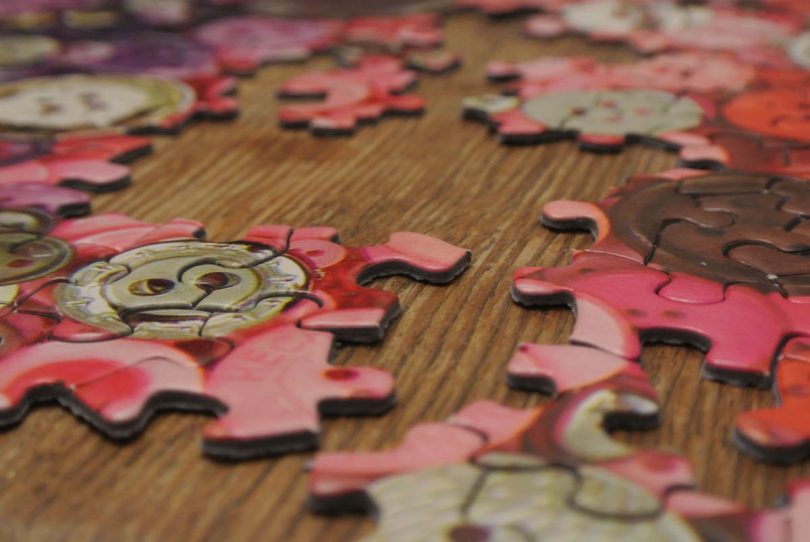Twenty-second Sunday after Pentecost
God of the Living
It’s the last week of Jesus’s earthly life, and the Sadducees, who believe that there is no resurrection of the dead, have come together on the temple esplanade in Jerusalem to confront Jesus with a puzzle. In the Jewish Law it is specified that “When brothers reside together, and one of them dies and has no son, . . .[his] brother shall [marry the widow and sire children], “and the firstborn whom she bears shall succeed to the name of the deceased brother, so that his name may not be blotted out of Israel” (Deuteronomy 25:5–6).
Not long after marrying my younger brother, my Mennonite sister-in-law reminded me of this biblical obligation, somewhat in jest, I believe.
The Sadducees pose a hypothetical question to Jesus, citing this Scripture: Suppose there are seven brothers and the first marries and dies without producing children. Then successively the other brothers follow, taking her as wife in turn, yet none of them sires a child. In the resurrection whose wife shall she be? For she will have married all seven.
Jesus answers: “In the resurrection from the dead, [the resurrected] neither marry nor are given in marriage. . . . The fact that the dead are raised Moses himself showed, . . .where he speaks of the Lord as the God of Abraham, the God of Isaac, and the God of Jacob. Now he is God not of the dead, but of the living; for to him all of them are alive” (Luke 20:35, 37, 38).
In the suddenness of this encounter, Jesus finds words that utterly contradict the Sadducees, words well worth pondering, especially near All Saints’ Day. These words are at the heart of his response to the thief being crucified with him, who asks Jesus to remember him when he comes into his kingdom: “Truly I tell you, today you will be with me in Paradise” (Luke 23:39–42).
Thomas Haupert, retired pastor
Winston-Salem, North Carolina

